Contact Us
Email us at deaweb@niaid.nih.gov for help navigating NIAID’s grant and contract policies and procedures.
Email us at deaweb@niaid.nih.gov for help navigating NIAID’s grant and contract policies and procedures.
NIAID Funding News provides funding, policy, and other information to NIAID's extramural research community and Institute staff. Visit Stay Informed About Policy Changes and News for more opportunities to connect with us.
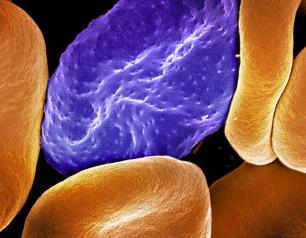
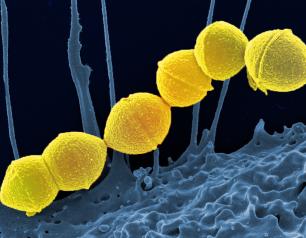
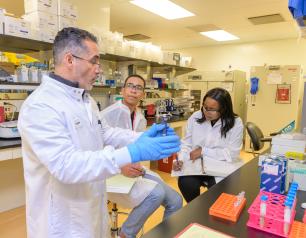


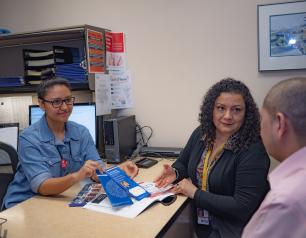
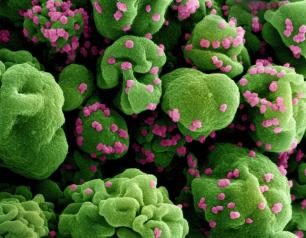
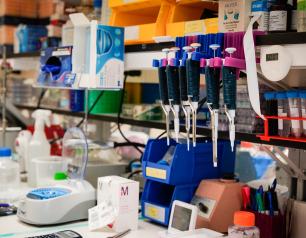

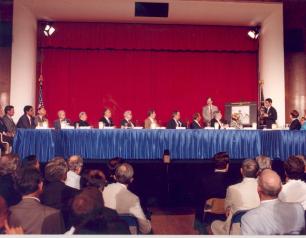
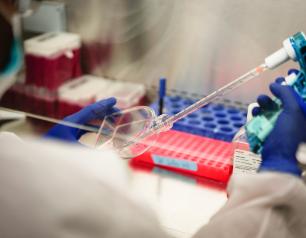
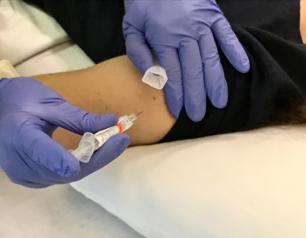

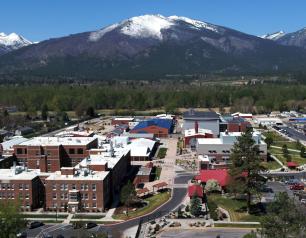
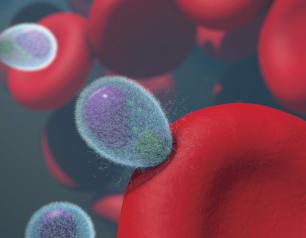
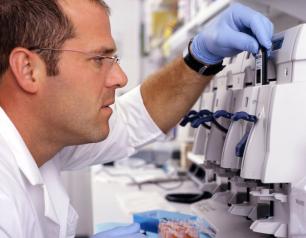
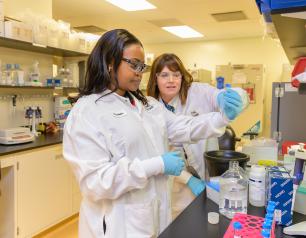
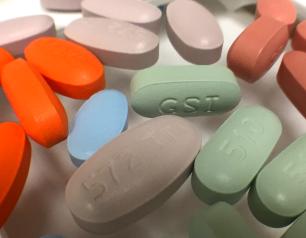
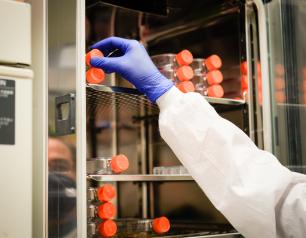
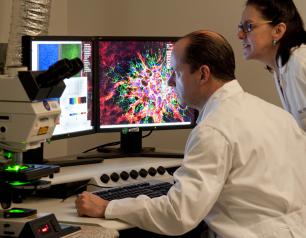
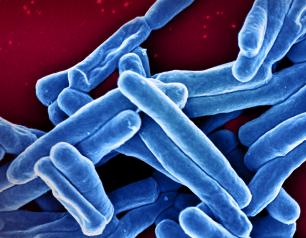


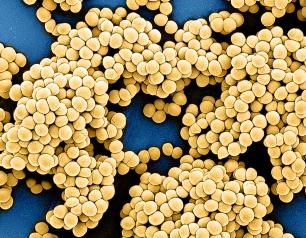
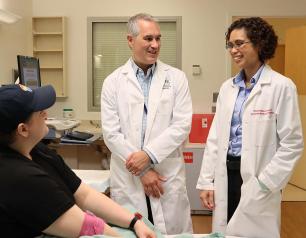
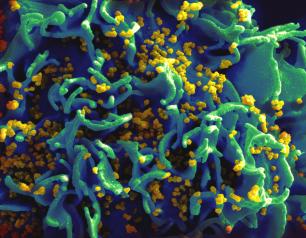
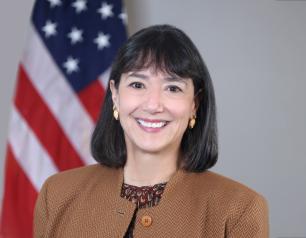



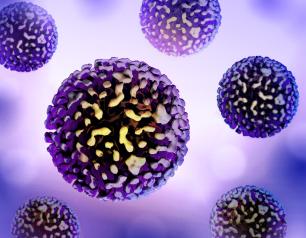

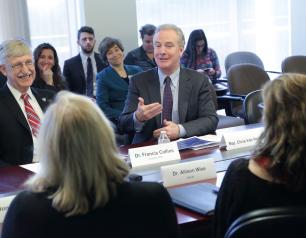
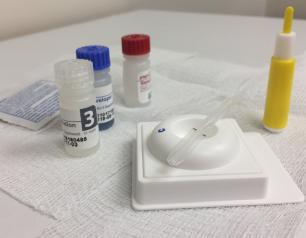
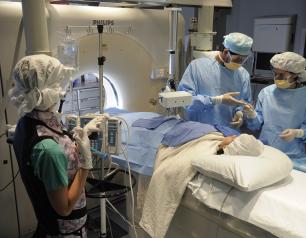
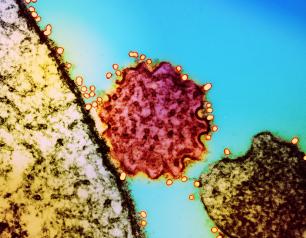

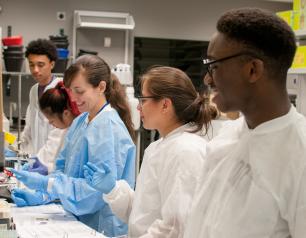
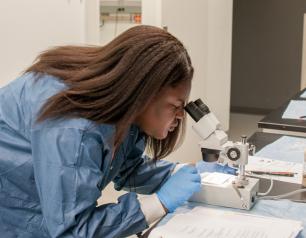
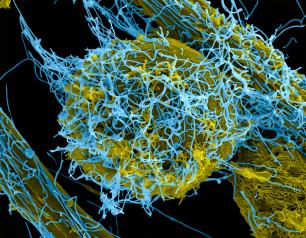
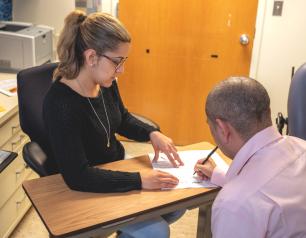
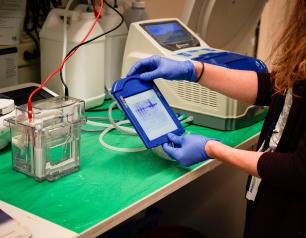
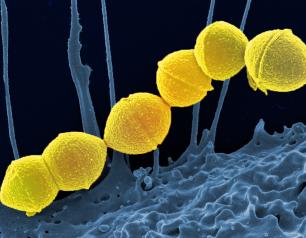
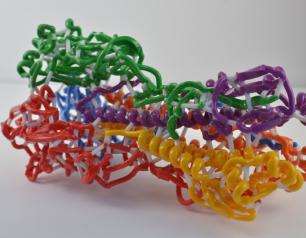
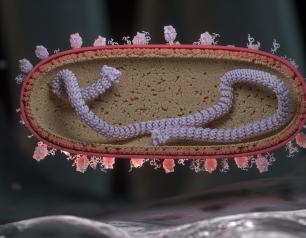
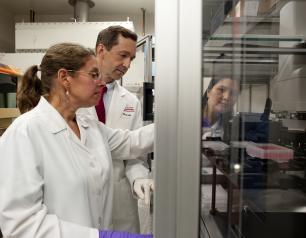
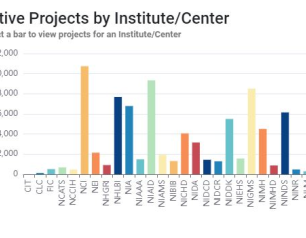
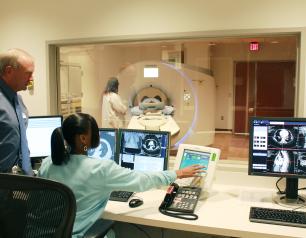
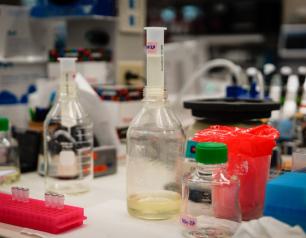
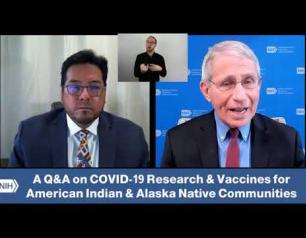
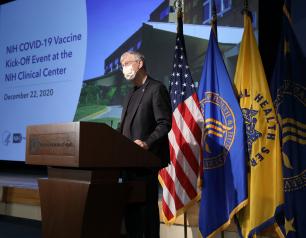
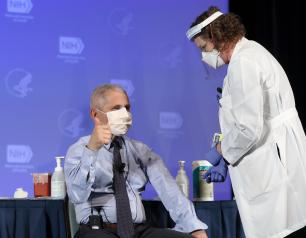
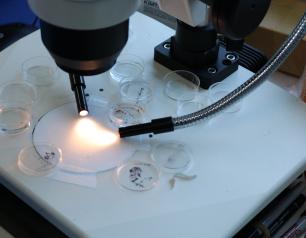
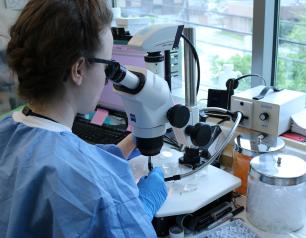
This summer, NIH announced planned changes to its policy on subawards—arrangements in which a grant recipient has another organization perform grant-supported research activities as part of the federal award.
NIAID will support integrated multi-project research programs applying emerging and improved technologies to develop innovative gene- or cell-based HIV cure approaches.
Email us at deaweb@niaid.nih.gov for help navigating NIAID’s grant and contract policies and procedures.
Advanced technologies research fields, such as genomics, proteomics, and bioinformatics, hold great promise for developing new diagnostics, therapeutics, and vaccines to treat and prevent infectious and immune-mediated diseases.
Through the information offered here, researchers can learn about the science being conducted at NIAID and by NIAID-funded researchers. Researchers seeking funding can access opportunities to further their own research, while NIAID and NIH grantees can find out about available resources outside of specific funding opportunities. Recent publications, active networks, and ways to connect with other researchers are also available.
Researchers at NIAID
In September 2018, NIAID convened a workshop to discuss opportunities to incorporate data-driven strategies in efforts to diagnose, treat, and prevent infectious diseases.
Read the Innovative Data-Driven Strategies for Infectious Diseases meeting report.
NIAID is funding and conducting research on many aspects of antimicrobial (drug) resistance, including basic research on how microbes develop resistance, development of new and faster diagnostics, and clinical trials designed to find new vaccines and treatments effective against drug-resistant microbes.
Through the information offered here, researchers can learn about the science being conducted at NIAID and by NIAID-funded researchers. Researchers seeking funding can access opportunities to further their own research, while NIAID and NIH grantees can find out about available resources outside of specific funding opportunities. Recent publications, active networks, and ways to connect with other researchers are also available.
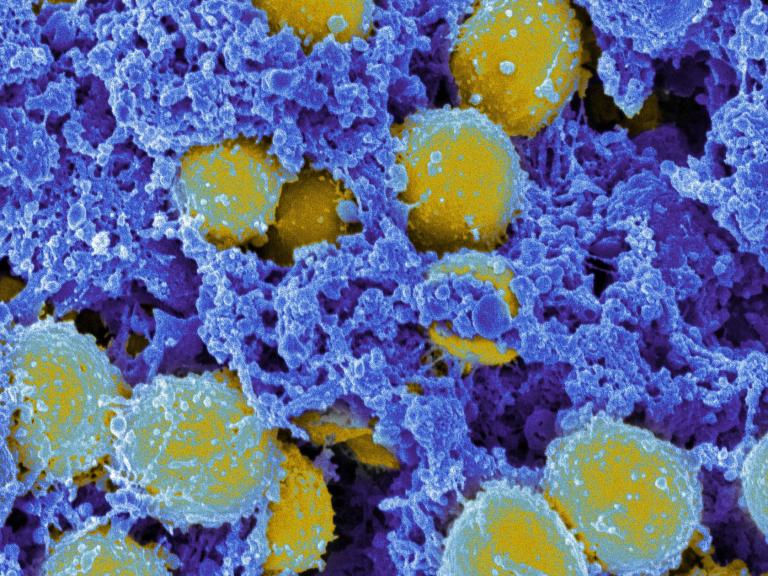
Scanning electron micrograph of Staphylococcus aureus bacteria.
On November 14 -15, 2023, NIAID organized a workshop "Systematic Approaches for ESKAPE Bacteria Antigen Discovery" to engage microbiologists, vaccinologists, immunologists, genomicists, and infectious disease physicians to explore novel technologies and to address and identify current roadblocks that impede advances in antigen and vaccine discoveries for the ESKAPE pathogens (Enterococcus faecium, Staphylococcus aureus, Klebsiella pneumoniae, Acinetobacter baumannii, and Enterobacter species).
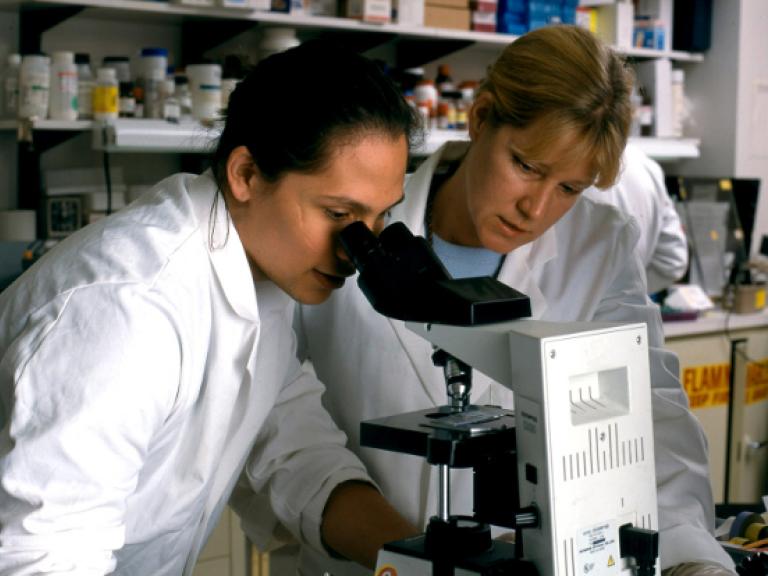
This report describes NIAID’s portfolio of basic, translational, and clinical research in AR and outlines an updated array of innovative approaches based on the latest scientific advances and research opportunities to address this urgent public health priority.
NIAID’S Antibiotic Resistance Research Framework: Current Status and Future Directions
NIAID is always accepting researcher-initiated applications. Connect with NIAID program officers about potential funding for antimicrobial resistance research.
See a list of research initiatives focused exclusively or in part on antimicrobial resistance
NIAID offers resources such as technologies available for licensing or collaboration, computer applications, and other tools and services to the general scientific community to advance basic, preclinical, and clinical research. See all resources for antimicrobial resistance researchers.
For researchers developing products such as diagnostics, vaccines, or drug therapies, check out NIAID's support for infectious disease product developers.
Search for scientists at NIAID who research antimicrobial resistance in the scientist directory.
Search for scientists funded by NIAID who research antimicrobial resistance on RePORTER.
NIAID funds several programs and networks to advance research on antibiotic-resistant pathogens.
The ARLG is a clinical network composed of scientific experts from government agencies, academic institutions, and nonprofit and industry groups around the world. The ARLG oversees a clinical research network that conducts studies on important aspects of antimicrobial resistance, including testing novel therapeutics and diagnostics.
The CARBIRUs are multidisciplinary research centers focused on bacterial pathogens for which antibiotic resistance poses a significant public health concern.
An issue as complex as antimicrobial resistance requires a comprehensive approach that draws upon not only federal agencies and academic researchers, but also industry, healthcare providers, and individual citizens to advance basic and applied research as well as to support public health efforts.
Read more about some of our partners:
The 202nd meeting of the National Advisory Allergy and Infectious Diseases Council (NAAIDC) convened virtually at 10:30 a.m. on Monday, September 12, 2022. Dr. Anthony S. Fauci, Director, National Institute of Allergy and Infectious Diseases (NIAID) presided as chair.
This program is intended to address the limited availability of adjuvants that mimic those with a favorable clinical track record or show high potential in late pre-clinical testing.
The following institutions were awarded:
Principal investigators: Neel Gandhi, MD; Jyothi Rengarajan, PhD
Grant: P30AI168386
In 2022, NIAID established six new Tuberculosis Research Advancement Centers (TRACs) to foster multidisciplinary tuberculosis (TB) research and deliver exceptional mentorship to new investigators.
The newly established TRACs will provide scientific leadership and institutional infrastructure dedicated to TB research and will foster and enhance multidisciplinary collaboration. The Centers are dedicated to developing the next generation of scientific leaders in TB research through mentoring and training opportunities and by providing funding support for either new investigators pursuing TB research or researchers who want to enter the TB field at institutions within the TRAC network. The TRACs will provide shared research support for resources, services and training dedicated to TB, and will strengthen TB clinical research through international and/or domestic collaborations.
The main goal of the TRACs is to provide administrative and shared research support to foster and elevate multidisciplinary TB research and provide exceptional mentorship to new investigators. TRACs will provide core facilities, services and mentoring opportunities to achieve the goals of the program.
Dr. Lakshmi Ramachandra
Section Chief
Tuberculosis and Other Mycobacterial Diseases Section
Respiratory Diseases Branch
Dr. Susana Mendez
Program Officer
Tuberculosis and Other Mycobacterial Diseases Section
Respiratory Diseases Branch
The purpose of this Notice of Funding Opportunity (NOFO) is to provide early-stage investigators with support and protected time (up to five years) for intensive, research-focused career development program activities under the guidance of an experienced mentorship team with expertise in both the preclinical application of nonhuman primate (NHP) models and in translation of the results from such studies to clinical application.